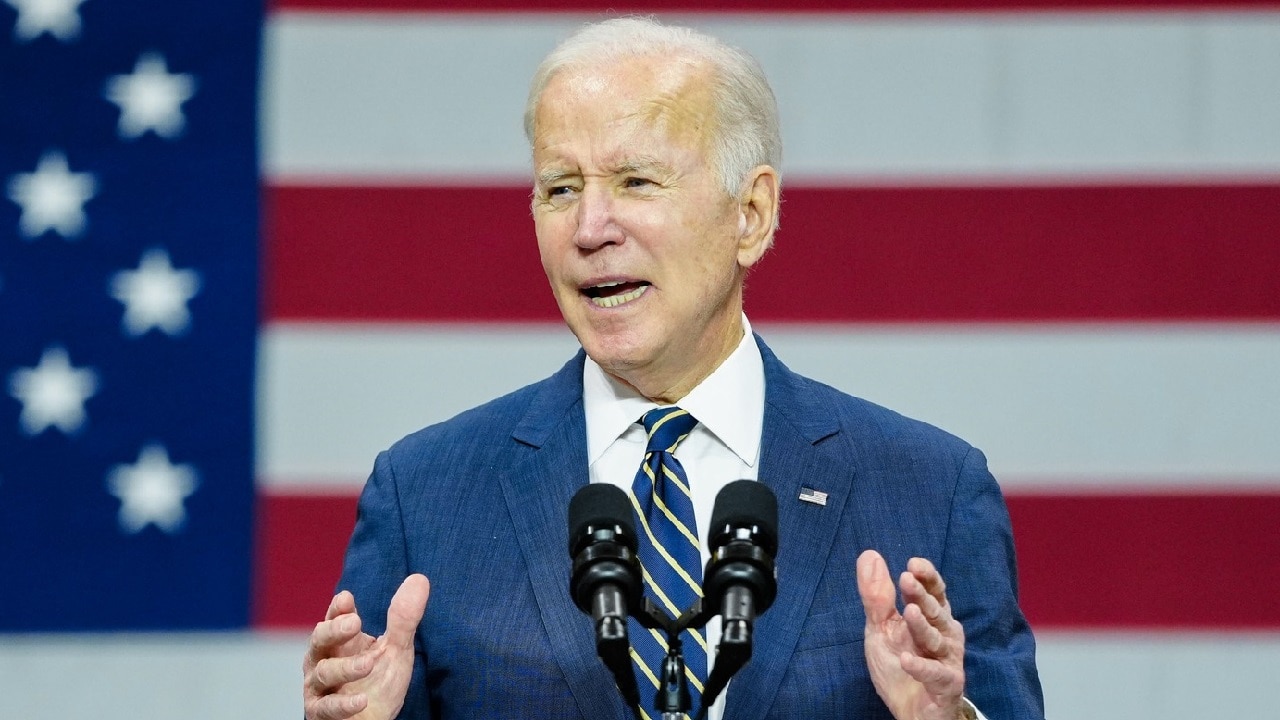How Joe Biden Could Use the 14th Amendment to Alleviate Debt Ceiling Crisis – The clock is ticking before the nation falls into default by missing the debt ceiling deadline coming up at the beginning of June.
On May 23, Republicans said they had no good news on a compromise with the White House with only nine days left to negotiate.
Defaulting on the $31.4 trillion debt would be disastrous to an economy already plagued by high inflation and towering interest rates that have seen some Americans struggle financially.
However, could the 14th Amendment be Joe Biden’s best chance to stop a crisis?
What’s the Backup Plan?
If no compromise on a deal can be achieved with Republican legislators, President Joe Biden is looking at an alternative that has Constitutional scholars wondering if the White House can achieve its goals to avert a default and a government shutdown in a different way.
I am talking about the president using the 14th Amendment to go around Congress and raise the debt ceiling on his own.
How the 14th Amendment Could Come Into Play
The 14th Amendment was added to the Constitution after the Civil War in 1868 to end slavery and guarantee citizenship and equal rights in addition to granting protection under the law for African-Americans. The 14th Amendment has sections that pertain to civil rights and criminal rights including provisions for economic substantive due process.
The 14th Amendment pertains to the debt ceiling because of Section Four that considers public debt. Section Four reads, “The validity of the public debt of the United States, authorized by law, including debts incurred for payment of pensions and bounties for services in suppressing insurrection or rebellion, shall not be questioned.”
Let the Debate Begin
Using the 14th Amendment is not a legal end-all provision without recourse.
Any Member of Congress could file suit against it provided he or she was “harmed by the action.” The courts could rule that the 14th Amendment does not provide for times when the legislative and executive branch do not agree on politics and policy.
Compromise Between the Legislative and Executive Branch Would Be Better
Treasury Secretary Janet Yellen is not in favor of using the 14th Amendment in this manner.
Yellen believes the best route is for the White House and Congress to compromise and agree to lift the debt ceiling – the amount the government is allowed to borrow – without sparring for political points over spending and taxes.
The debt limit in the past has always been lifted, so invoking the 14th Amendment via the president has not been tried before.
Laurence Tribe, emeritus professor of constitutional law at Harvard Law School, spoke to a law journal about the situation. Tribe is in favor of Biden’s potential tactics. He said the 14th amendment is “a guarantee that the U.S. will always be good for all its debts, period.”
As long as the debts are authorized by law, Tribe explained, “The 14th amendment hovered in the background, promising the world that the U.S. could always be counted on to pay its debts in full.”
Conservative professor of law Jonathan Turley appeared to partially agree with Tribe in a blog post he recently wrote. “A president does not need congressional approval to borrow and spend trillions of dollars, even though the Constitution explicitly grants both of those powers to Congress alone. By demanding budget cuts as a condition of permitting further borrowing, the House is violating the 14th Amendment.”
Senator Ted Cruz disagrees with the potential Biden legal maneuver. Cruz told Fox News that using the 14th Amendment by the president in this situation is “legally frivolous.” Cruz believes the ratifiers of the 14th Amendment were acting only in the context of the historical period and that it should be used narrowly.
“That’s a provision that was put in place to say that we’re going to pay our Civil War debts,” Cruz said. “It refers to the Civil War that we had just fought and paying those war debts off.”
The 14th Amendment probably won’t need to be used, and if it does come into play, Cruz and other Republicans may file a legal challenge against it.
It is more likely that Congress and the White House will finally agree on a deal. No one wants a default. Negotiations between lawmakers and the president may go down to the wire in the 48 hours before the deadline, but they will come to their senses and reach an agreement that will raise the debt ceiling after all – without the need for legal wrangling regarding the Constitution’s 14th Amendment.
Author Expertise and Experience
Serving as 19FortyFive’s Defense and National Security Editor, Dr. Brent M. Eastwood is the author of Humans, Machines, and Data: Future Trends in Warfare. He is an Emerging Threats expert and former U.S. Army Infantry officer. You can follow him on Twitter @BMEastwood. He holds a Ph.D. in Political Science and Foreign Policy/ International Relations.

